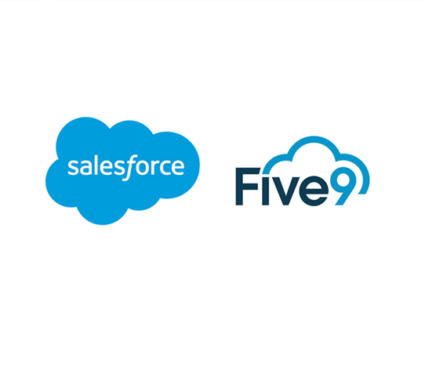How to Use Marketing Cloud in Salesforce?
Suppose you are a company looking for the perfect platform that will combine your efforts to manage and implement customer-oriented marketing strategies appropriately. In that case, Salesforce Marketing Cloud is ideal for you.
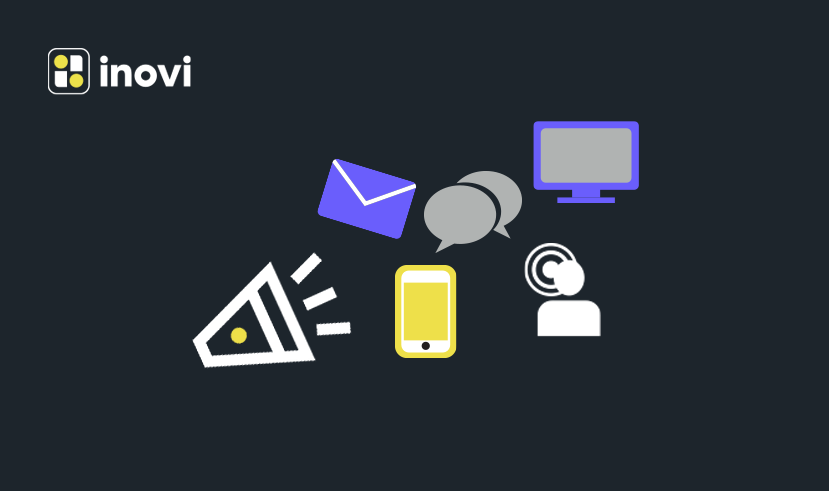
Read on to find out what is Salesforce Marketing Cloud and how you can leverage its benefits.
What is Salesforce Marketing Cloud?
Salesforce Marketing Cloud is a customer relationship management system for marketers to create and manage marketing relationships and campaigns with customers. It is a platform with many tools designed to smoothly work a brand’s interaction with its current and potential customers across multiple channels.
The platform helps marketers use email personalization to strategize, divide, and optimize numerous aspects of marketing, including customer journeys, multi-channel campaign execution, pre, and post-campaign analysis, social media promotions, engagement, and data management.
This platform will allow you to manage marketing activities better and faster. It will let you create multi-channel experiences, contact customers in their preferred channels and at the correct times and increase customer acquisition. Thus, the Marketing Cloud lets you plan, analyze, monitor, and make real-time decisions.
How do you use Salesforce Marketing Cloud?
Salesforce Marketing Cloud can be used for a multitude of marketing activities. The most important ones are as follows:
- Email marketing
- Content creation and management (emails, landing pages, forms, images, etc.)
- SMS campaigns and monitoring
- Mobile push notifications and in-app notifications
- Social media marketing: schedule and monitor posts and receive real-time engagement and analysis.
- Automate campaigns and bring their multiple-channel rollouts into one view.
- Use your high-value client information to find lookalike audiences and send targeted advertisements online.
- Website listening, where webpages are dynamically tailored according to a prospect’s interests.
- You can efficiently and effectively segment audiences using your CRM or other sources.
- Data management/ETL activities
What Tools are Available in Salesforce Marketing Cloud?
The Salesforce Marketing Cloud has multiple tools to create tailor-made content for each customer and through any channel. Tools widely used in the salesforce Marketing Cloud include:
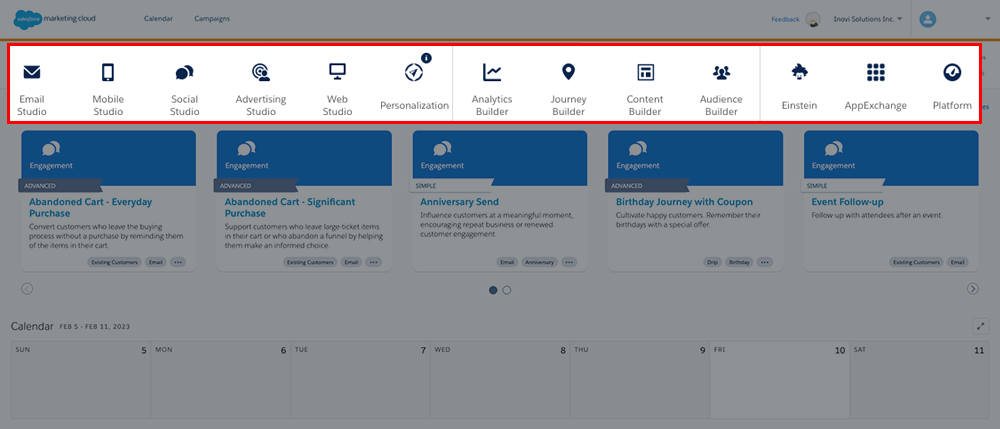
Journey Builder
This automation tool guides users through onboarding using customized journeys utilizing multiple channels.
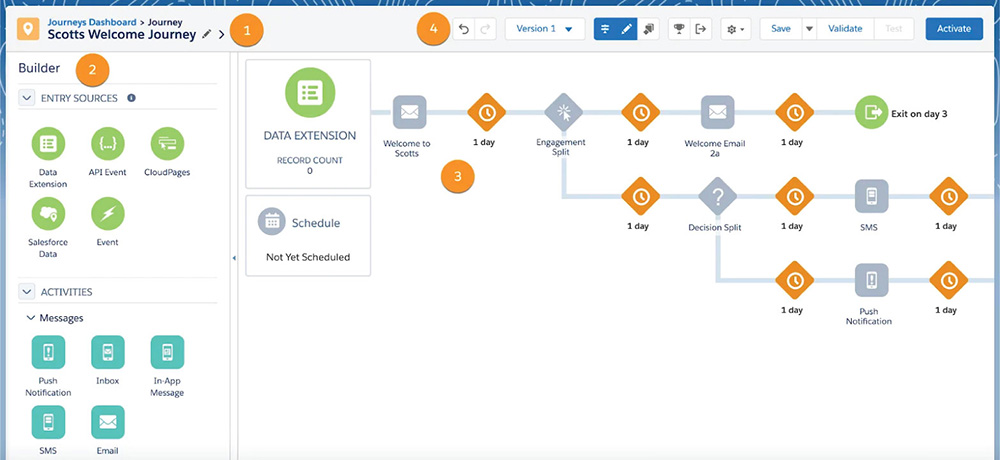
Email Studio
Email studio makes customized email marketing campaigns.
Social Studio
This tool is used to create customized social media campaigns that take social media followers into potential leads.
Mobile Studio
This tool allows marketers to utilize marketing interactions such as SMS, push notifications, and group messaging.
Audience Studio
Using this data, you can gather data about your audience from many sources and unify it in one place. This will allow you to create more compelling content for your audience as you can leverage their interests.
Advertising Studio
You can use this tool to manage customer acquisition, retargeting, and alignment campaigns in digital media.
Datorama
This is a data hub where you can monitor the return on investment for all your marketing campaigns.
Interaction Studio
This tool visualizes a customer’s experience in real-time and allows you to connect with them.
Data Studio
This is one of the most powerful tools available in the Marketing Cloud. This allows marketers to discover their audience, find data related to them, and take control of the data they can leverage to create better, more effective campaigns.
Google Analytics 360
This tool is essentially the same as data studio, but this tool is more about the audience’s interactions across Google applications.
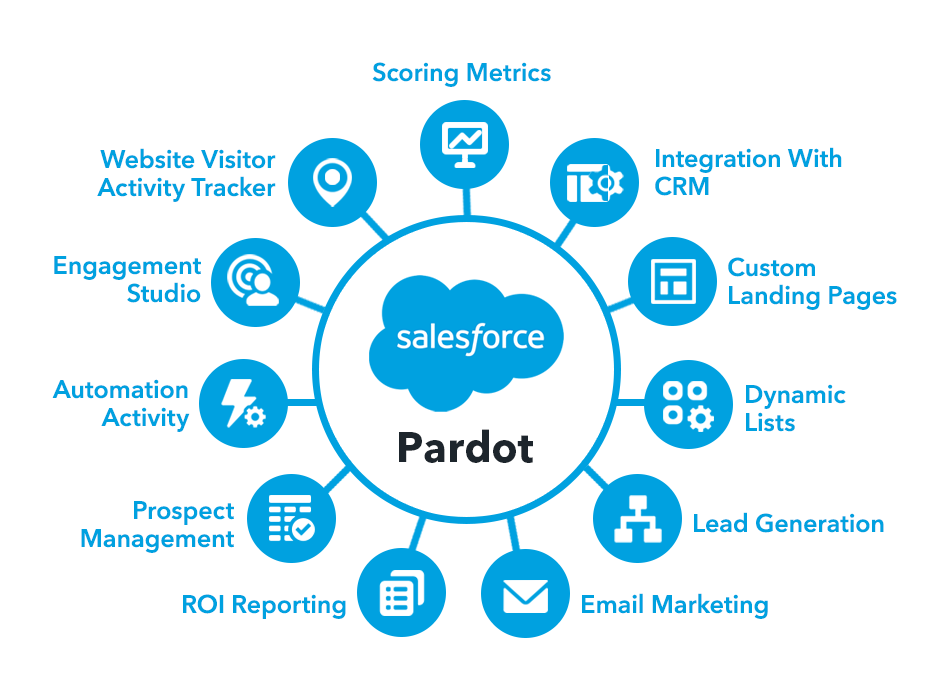
Pardot
This is a B2B tool used by sales teams when closing deals and making impactful relationships. This is all done through automated processes.
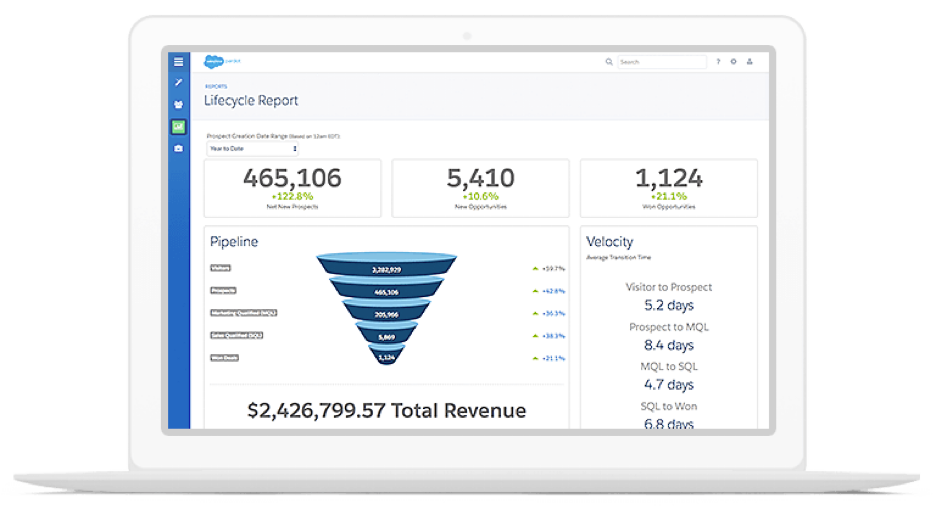
What marketing automation software does
Most marketing automation software is sold as a platform — an integrated suite of tools with a feature set. The automation tools and the specific capabilities of each device, of course, vary from venue to platform. That said, you can expect most marketing automation platforms to have tools and features to assist or automate the management of the following:
- Lead capture
- Lead scoring and management
- Lead nurturing
- Campaign management
- Content management
- CRM integration
- Analytics and Reporting
Lead capture
Get to know your prospects and what they’re looking for. Learn who they are, their role (for B2B marketers), their pain points, and how you can help. A common technique is to set up a lead capture page (that is, a landing page). Lead capture pages often ask visitors for something in exchange for a reward. For example, a user may ask to enter her email address, zip code, and job title in exchange for a downloadable e-book or white paper, an entry to a sweepstakes raffle, or a promotional coupon or discount code.
Lead scoring and management
Use demographics, behavioral data, and other prospect information to separate hot leads from “just browsing.” The route leads into nurture and drip campaigns based on their qualifications. Every company’s scores show differently, but the main goal is to identify the most promising leads for your organization at a given time or campaign. A lead score assesses the activities a prospect has engaged with on your website, for example, downloading a datasheet, watching a demo video, or filling out a contact form. A lead grade is assigned by demographic information, such as industry, title, company information, or market size. The lead score and rate combination will signal to the market and sales who’s hot and ready to purchase and who needs more nurturing via a drip campaign.
Lead nurturing
There are better ways to nurture leads than sending one-off emails every two weeks, especially in the long sales cycles of the B2B world. Automated facilitating lets you track engagement with your emails, website, and other properties. You are using that data to drip-feed the right content at the correct times along each prospect’s journey.
Campaign management
From A/B testing of messages to SEO and social listening, automated campaign management handles the gathering and processing marketing data so that you can focus on strategy. From qualifying leads and managing nurture campaigns to analyzing ROI data across multiple channels, automated campaign management systems allow you to design, deploy, and monitor marketing activities without having to tend to every last step in the process manually.
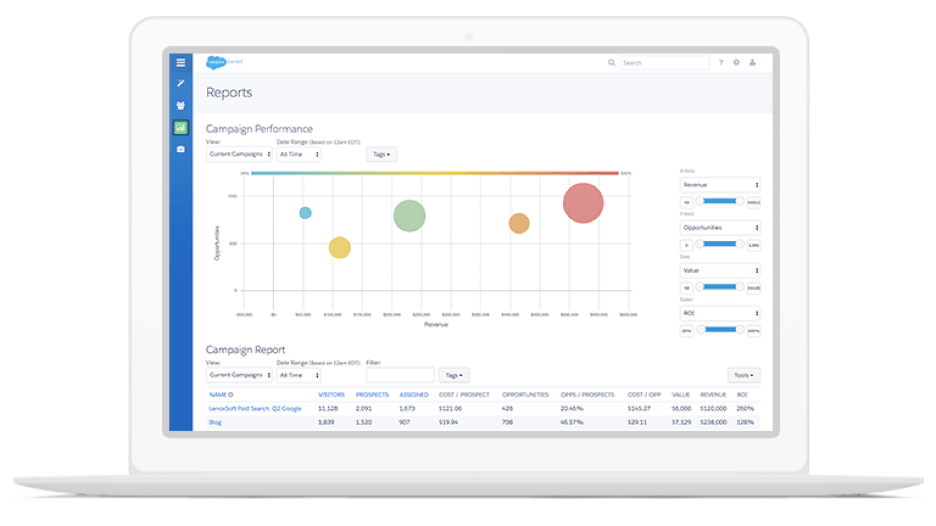
Content management
Draft copy, design emails and social media posts, and craft customized assets, all within your marketing automation platform. Content management systems also handle tagging and organizing assets for repurposing across multiple formats and locations so that you only need to upload an image or an asset once, and it runs everywhere. A content management system within your marketing automation platform also makes updating assets a breeze: Replacing the existing file with an updated one ensures that images and support will be up to date across all campaigns, no matter how old or recent, so that links and images don’t render broken.
CRM integration
A hot prospect just signed up for your newsletter? Great! Now create a new lead for them in your CRM. Let the software guide them into the appropriate drip or nurture campaign, send a welcome message, and track engagement. While you’re at it, let the software also gather behavioral data and alert your sales team when the prospect is active on your channels. Marketing automation platforms that integrate with CRM do the grunt work for you.
Analytics and Reporting
When your marketing is automated, it’s easy to capture tons of data. Let your marketing automation platform take the next step and crunch the numbers for you, yielding insights and alerts to help you tweak active campaigns and more effectively plan new ones. If your marketing and CRM are integrated, it’s also a snap to tie ROI directly back to campaigns and other marketing activities using closed-loop reporting.
Benefits of Salesforce Marketing Cloud
Salesforce Marketing Cloud is a full-fledged system that incorporates tools for various digital marketing activities. The platform is fully developed and ready to use by both small and large businesses. In this section, let’s explore how this tool can benefit your business.
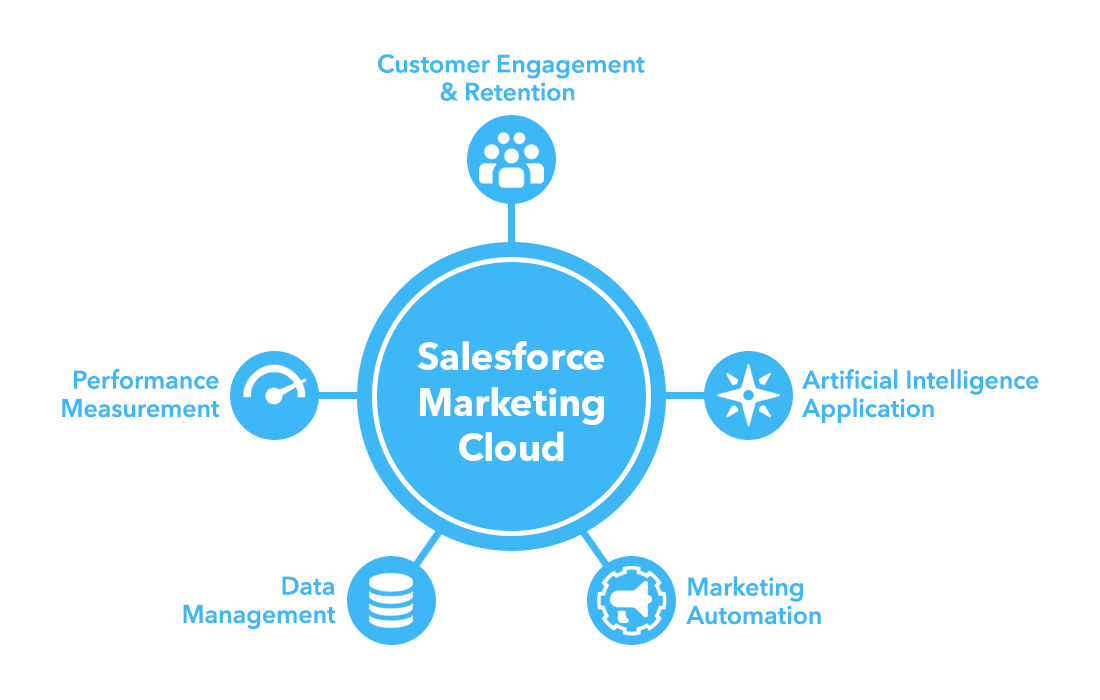
Customer Engagement and Retention
Salesforce Marketing Cloud provides a suite of tools that helps marketers attract the right audience, learn their behaviors and understand their needs and wants. Using various features, you can personalize the user experience and target your customers more precisely. The dynamic content options allow marketers to adjust what the website displays in real-time, thus enriching customer experience and driving up sales.
Marketing Automation
Modules like Journey Builder facilitate process automation and allow marketers to create campaigns that are basically run by themselves. For example, a customer receives an email that invites them to finalize the purchase. If they complete the requested action, their customer journey ends there, but if they don’t, they receive a push notification or an SMS regarding the purchase. The following steps can be as complex or simple as needed but are directed at offering the best experience.
Performance Measurement
The Analytics Builder helps marketers generate real-time reports to track website traffic, the reach of the campaigns, social media interactions, and other metrics. Marketers can use Salesforce for marketing to gain deep insights into performance indicators across channels and campaigns to make better decisions in the future.
Data Management
The Datorama tool facilitates smooth data management and allows marketing teams to build comprehensive data models and dashboards. SFMC can store various types of data, standardize them, and create specific data models to offer more insights to your staff. You can explore even more complex data management tools by utilizing numerous third-party integrations that make Salesforce more versatile and flexible.
Artificial Intelligence Application
Salesforce for marketing is a highly advanced tool that explores new technologies to provide better client experiences. The embedded AI technology is called Einstein, which utilizes predictive analytics to help companies stay ahead of their competition. For example, this technology allows marketers to predict who is more likely to interact with a particular message. The algorithms also offer insights into engagement frequency and enable businesses to identify how many letters are sufficient for each customer. You can also calculate the best time to send an email or message to each user to ensure it will be read.
Conclusion
No matter their size, all companies can benefit from using Salesforce Marketing Cloud due to its enormous number of tools and benefits. Many think this is only enterprise-level software, but you can add or remove features per your requirements.
Marketing Cloud will make your company more efficient and customer-oriented, leading to higher revenues and profits in the long term.




